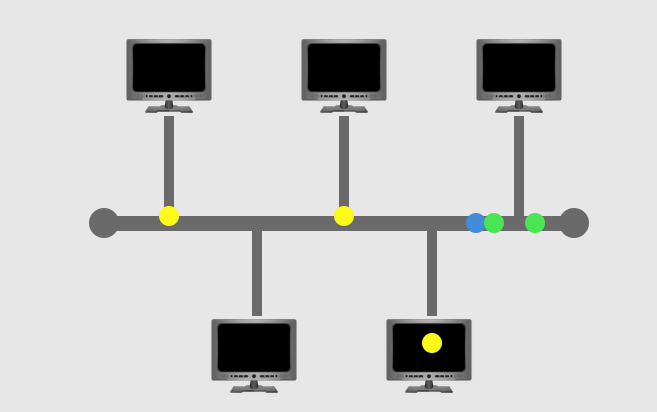Zeal For Wisdom
English Sentence Structure
What is a sentence?
In simple terms, a sentence is a set of words that contain:- a subject (what the sentence is about, the topic of the sentence), and
- a predicate (what is said about the subject)
The 4 types of sentence stracture
- Simple
- Compound
- Complex
- Compound-Complex
Simple sentence
A simple sentence consists of one independent clause. (An independent clause contains a subject and verb and expresses a complete thought.)Example:
- I like coffee.
- Mary likes tea.
- The earth goes round the sun.
- Mary did not go to the party.
Compound Sentence Structure
A compound sentence is two (or more) independent clauses joined by a conjunction or semicolon. Each of these clauses could form a sentence alone.Example:
- I like coffee and Mary likes tea.
- Mary went to work but John went to the party.
- Our car broke down; we came last.
and, but, or, nor, for, yet, so
Complex Sentence Structure
A complex sentence consists of an independent clause plus a dependent clause. (A dependent clause starts with a subordinating conjunction or a relative pronoun, and contains a subject and verb, but does not express a complete thought.)- We missed our plane because we were late.
- Our dog barks when she hears a noise.
- He left in a hurry after he got a phone call.
- Do you know the man who is talking to Mary?
after, although, as, because, before, how, if, once, since, than, that, though, till, until, when, where, whether, while
Here are the five basic relative pronouns:
that, which, who, whom, whose
Compound-Complex Sentence Structure
A compound-complex sentence consists of at least two independent clauses and one or more dependent clauses.- John didn't come because he was ill so Mary was not happy.
- He left in a hurry after he got a phone call but he came back five minutes later.
A dependent clause is also called a subordinate clause.
The above sentences are basic examples only.
In some cases other arrangements are possible (for example, a dependent clause can come before an independent clause).
Zeal For Wisdom
Learn Today For Better Tomorrow














